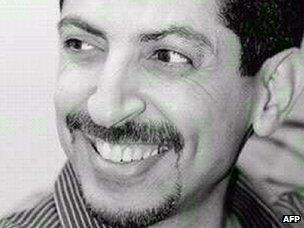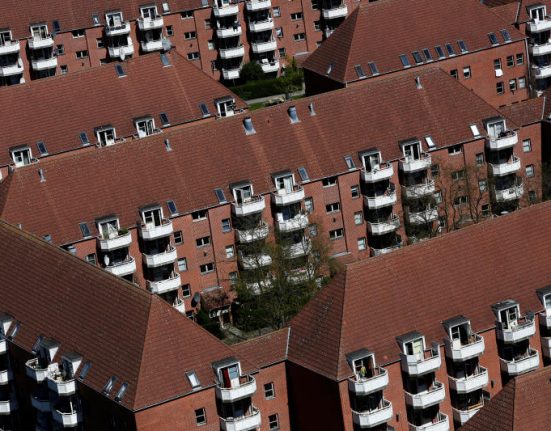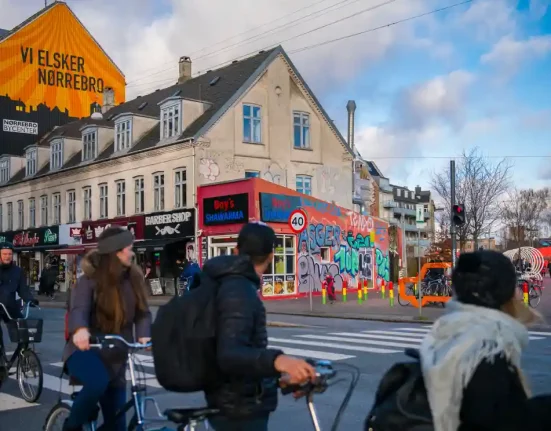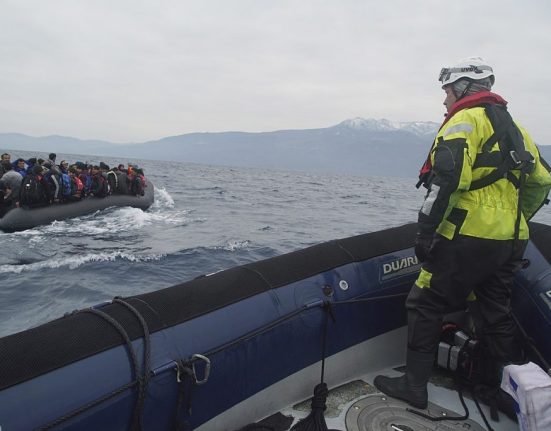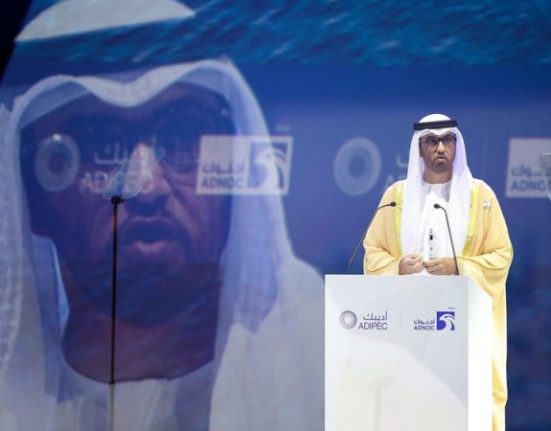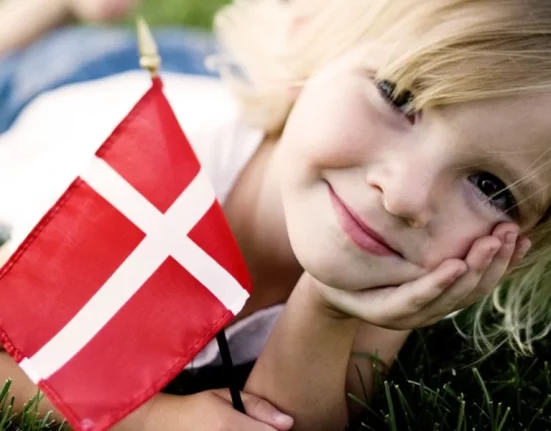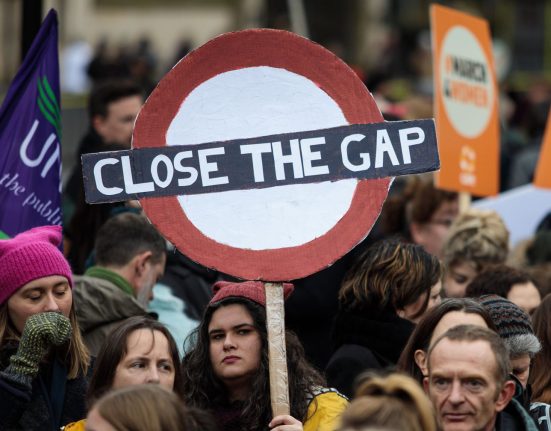By Maryam Al-Khawaja, daughter of Abdul-Hadi Al-Khawaja, Tim Whyte, Secretary General of ActionAid Denmark, and Vibe Klarup, Secretary General of Amnesty International Denmark.
On a cold December day in New York in 1997, the UN General Assembly proclaimed that it had decided to observe the 26th of June as the International Day in Support of Victims of Torture.
This day not only marks the UN Convention against Torture, adopted on 10 December 1984 and signed by 173 countries. It is also a testament that almost all UN member states in theory favours a ban on torture and support and honour the thousands of people who have been subjected to torture.
In theory. Unfortunately, the reality is different. Although it has been over four decades since torture was recognised as an international crime, the UN estimates that torture still takes place in all regions of the world.
One place where torture is widespread is the Gulf region, including countries such as Saudi Arabia, the United Arab Emirates and Bahrain. In the latter example, on the small island of Bahrain, a Danish-Bahraini citizen is imprisoned for life under inhumane conditions.
Abdul-Hadi Al-Khawaja is recognised worldwide for his dedication to democracy and human rights. After 12 years in Denmark, he travelled back to Bahrain in 2001 to restart the popular democracy movement in the country. In 2011, over 100,000 people took to the streets in the largest peaceful pro-democracy protests in the country’s recent history. Al-Khawaja walked in the forefront of the protests.
Unfortunately, the peaceful uprising was too much for the Bahraini royal family. With support from Saudi Arabia and the United Arab Emirates, and the West turning a blind eye, the Bahraini regime brutally cracked down on thousands of protesters. Hundreds were killed and thousands were beaten, arrested and imprisoned.
A torture hell
Al-Khawaja was not arrested initailly. But on 9 April 2011, a dozen masked men approached Al-Khawaja’s family’s house. Al-Khawaja was prepared to follow peacefully, but the masked men chose unprovoked violence.
The masked men beat Al-Khawaja in front of his wife, three daughters and three sons-in-law. They beat him so badly he could not breathe. And they beat him when he fell unconscious. On the orders from the regime. The masked men dragged Al-Khawaja’s body out of the house. Lifeless, his head hit the stairs one by one.
The masked men broke Al-Khawaja’s jaw in several places. But this brutal attack turned out to be just the beginning of a systematic living hell. In a military hospital he was operated for four hours, whereafter he was blindfolded, his hands were tied to the hospital bed and he was tortured by the military in his bed.
From the military hospital, he was transported to an isolation cell in the military hospital where he was to spend two months in solitary confinement. Here he was physically, psychologically and sexually tortured. This torture has been medically uncovered by an independent commission of inquiry (BICI), officially authorised by the King of Bahrain.
The Bahraini regime officially accepted that they had systematically tortured hundreds of political prisoners, including a Danish citizen. To this day, many of those same prisoners remain in prison. Several independent human rights organisations, as well as the UN and the US State Department, have over time documented how systematic torture has continued in Bahraini prisons.
Danish leadership against torture
Today must be an opportunity for everyone – the Danish government, the media, civil society – to ask what we can do for Al-Khawaja?
It may be uplifting to think back to the day in 1997 when it was decided to mark the UN International Day in Support of Victims of Torture. Denmark played a key role in getting the resolution adopted by consensus. Since then, despite being a small country, Denmark have shown great leadership in supporting victims and survivors of torture around the world.
This leadership must especially apply to our own citizens. We cannot stand on the same side militarily and economically with different leaders, while also accepting with open eyes the torture against our own citizens.
With the right active leadership, Al-Khawaja can be released. However, as a torture survivor, it is imperative that he also receives the necessary social, psychological and medical rehabilitation quickly and effectively. This is not possible in Bahrain – the country where he was tortured – and he must be transported to Denmark where he can be reunited with his family and receive specialised rehabilitation.
If Denmark is to remain a global leader in the fight against torture, it is urgent that Denmark’s only imprisoned democracy and human rights defender and torture survivor is released and repatriated.


